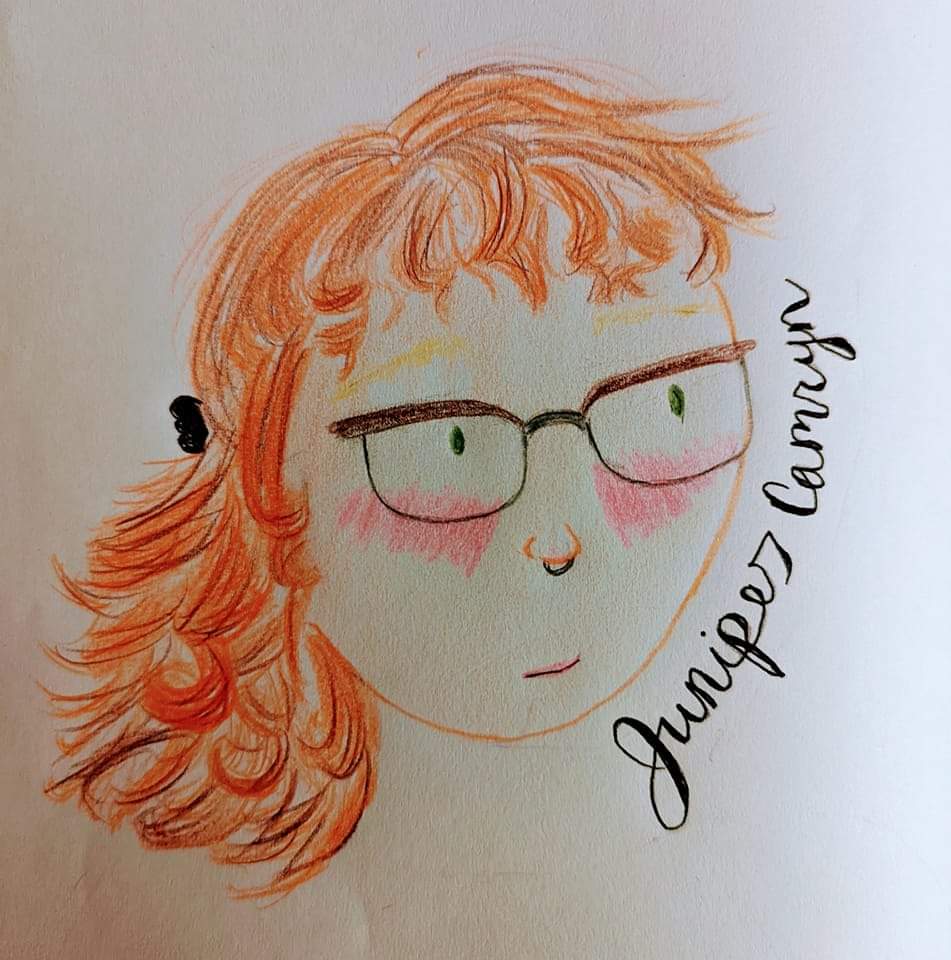10/6/22
We greatly underestimate the power that authentic ownership of our failures has in creating a safe environment for relationships to thrive.
Since many of us did not grow up with parents or other trusted adults who were capable of this, we associate safety with an imaginary fantasy of what “safe” behavior looks like.
The reality is that everyone has capacity to be cruel, petty, condescending, judgemental, insecure, passive aggressive, cold, avoidant, etc. Not just the capacity-it is something everyone does from time to time.
Being on the other side of this behavior feels like shit, but what makes it even worse is that it is incredibly uncommon that people are honest that they’re engaging in it. The behavior is demonized as something only bad, cruel, or toxic people do. So to admit that you engage in such behavior is to practically admit that you’re a cruel, intently bad human being.
Then rather than tackling the behavior head on, the harm of it is compounded by pretending it didn’t happen, pretending it wasn’t as bad or intentional as it really was, or pretending that it was justified and deserved.
As a parent I often think about the idealized standards set for parents, especially those of us who want to raise children with respect and autonomy. The standard often looks like perfect emotional regulation, never making a child feel challenging emotions, and framing everything in a positive light even when you want to rip your hair out.
Not only is this unrealistic and a recipe for creating even more toxic covert dynamics, it also gets completely wrong what the most insidious and haunting part of mistreatment is- the gaslighting.
When I say something rude to my child, when I make a comment meant to make him feel bad or do something I want him to do disguised as a mundane, harmless comment, it is not coming from anything good in me. But after years of teaching my child that it’s normal that people do such things and modeling what it looks like to be responsible by offering authentic apologies and showing him that my feelings are my responsibility, and that my behaviors are choices I make, he feels perfectly comfortable telling me exactly when I step out of line. He expects me to respond by taking responsibility for myself- because I do.
He does not expect me to lie or gaslight him or make him feel that my failure to regulate myself is in any way his fault.
As a direct result of this, he has proven over and over again to be an ally to kids at school who are being bullied, stands up for himself with adults and peers alike, and takes responsibility when he does or says something himself that is meant to hurt or control someone.
If I taught him that such behavior was something only bad kids did, if I forced him to apologize when he was cruel but never owned when I was, he would not have a realistic or effective model for taking responsibility or holding others responsible.
He would be too mired in shame, as most people are, to even admit he’d done something hurtful in the first place. Or he would be too caught up trying to reconcile a narrative of someone he loves, admires, or respects as “a good person” to be honest with himself and set boundaries with them when they mistreat him.
While the degree to which cruelty exists in our home is nothing like what I personally experienced growing up, there is no getting around that people can be shitty when they are not at their best. I will never be a perfectly regulated individual who never gets triggered or never does or says something out of alignment with my integrity. In fact, attempting to be that person only caused me to struggle even more to be in alignment with myself.
Trying to scrub this truth out of us and hate ourselves in the process only sows seeds of distrust with ourselves and others.
The alternative is to own it- and in the process allow the pain and shame we feel in ourselves to point us in the direction of our love and guide the steps we take to repair the damage we’ve caused.
